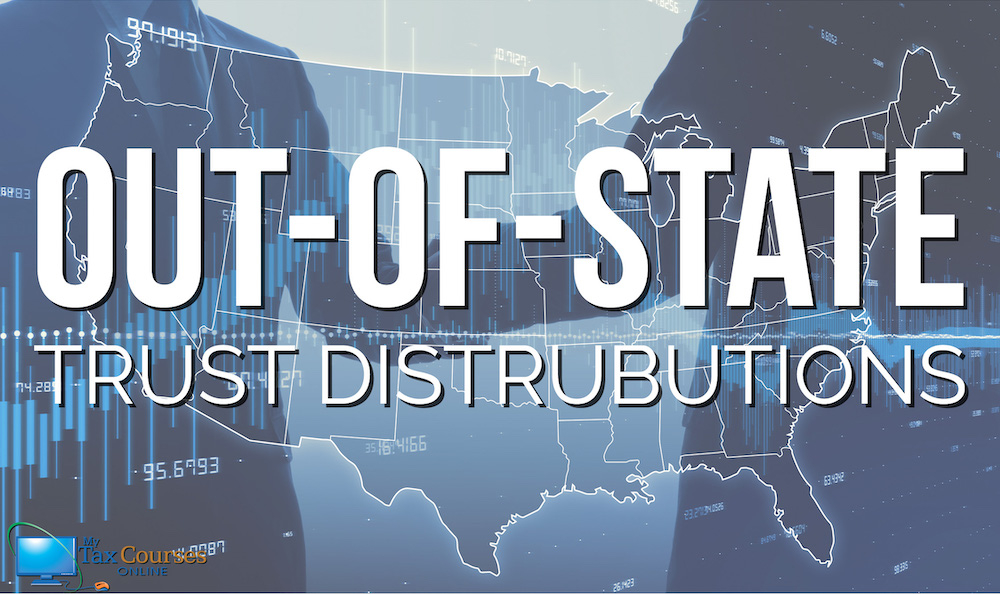North Carolina Supreme Court Invalidates Statute Taxing Out-of-State Trust Distributions
In what may be a boon for trust beneficiaries who live in North Carolina, the state Supreme Court recently held unconstitutional a statute that taxed proceeds from an out-of-state trust.
The Commerce Clause of the U.S. Constitution prohibits one state from unduly burdening another state's ability to freely exchange or to provide its citizens with certain tax benefits, as long as these benefits comport with federal law. Meanwhile, the Due Process Clause provides that individuals cannot be deprived of property (including deprivation through taxation) without due process of law.
In June 2018, the North Carolina Supreme Court issued an opinion in The Kimberley Rice Kaestner 1992 Family Trust v. North Carolina Department of Revenue. This opinion held that a state statute taxing the income North Carolina residents derived from a New York-based trust—based solely on their status as North Carolina residents—violated both the U.S. and North Carolina Constitutions.
This trust, which was created in New York and governed by New York law, held various financial assets for the benefit of three siblings, all residents of North Carolina. This trust's trustee lived in Connecticut, while the trust's financial and legal records (including tax returns and accounting) were prepared and kept in New York.
The North Carolina Department of Revenue (NCDR) attempted to tax income the trust generated from 2005 to 2008 under a state law that allowed for the taxation of trust income for a North Carolina resident's benefit. It cited two decisions from other states (Connecticut and California) that held that taxing trusts whose beneficiaries lived in these respective states was permitted under the Due Process Clause.
But the Supreme Court rejected NCDR's analysis, holding that the trust lacked the required minimum contacts necessary to implicate North Carolina jurisdiction. Because the trust was held and managed in New York and Connecticut, and its only contacts with North Carolina were by virtue of the beneficiaries living there, the Supreme Court determined, the trust—a legal entity separate from the individual beneficiaries—was out of NCDR's reach.
Although this opinion applies only to North Carolina residents, it's possible that other state Supreme Courts would address this question in a similar manner, potentially weakening the impact of the Connecticut and California decisions. Tax preparers whose clients benefit from trusts held in other states should review recent decisions from their own state courts that could affect whether this income is taxable.
Source
https://www.wealthmanagement.com/estate-planning/tax-law-update-august-2018



